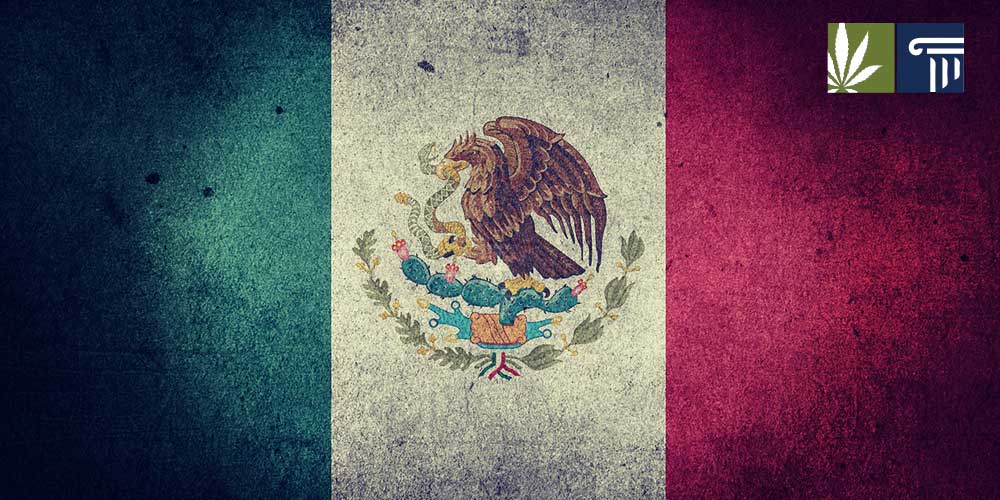In July 2018, the liberal, reformist Morena party, led by Andrés Manuel López Obrador, won the national presidential election. Its platform emphasizes anticorruption measures, which include drug policy reform. In November, then-Senator Olga Sánchez Cordero, who became the country’s interior minister when the party took power on December 1, introduced a bill to legalize marijuana.
The bill would legalize and regulate the cultivation, processing, advertising, distribution, sale, and consumption of cannabis and its derivative products, for purposes including personal consumption as well as scientific and commercial research. The bill also creates a new federal agency to regulate the legal market.
Reasons for Legalization
The introductory text of the bill lays out the reasons for legalization, calling the war on drugs a disaster that has brought violence to every corner of the country, resulting in over 200,000 murders. In one interview, Sánchez said: “We will not fight violence with more violence.” In an editorial, she argues that, from a standpoint of public health, it is time to change the focus of the war on drugs from one of policing and violence toward one aimed at reducing violence. She writes: “The Mexican state must focus its energy on demilitarizing the fight against drug trafficking; it must react to violence with intelligence…[and] with the least amount of armed confrontation.” A legalization bill is a logical part of such a reformist strategy, as it would bring the marijuana market into the legal realm, making cartel violence less necessary for the defense of markets.
The bill lists another reason as cause for legalization: Marijuana has medicinal properties helpful in the treatment of anxiety, cancer, chronic pain, depression, glaucoma, nausea, and terminal diseases.
In a tweet, the Mexican Senate lists some of the provisions of the bill. It would create a strictly regulated market for cannabis from seed to sale, allow for public consumption in the same manner as tobacco, outlaw sale or use by those 18 years old or younger, and use the government’s regulatory powers to provide patients with quality product suitable for therapeutic and palliative use.
Driving under the influence would be illegal, while growing plants for personal use would be legal, so long as no more than 480 grams (17 ounces) per year are produced from no more than 20 plants. Cooperative growing operations would be legal. Finally, the bill provides for a fast implementation of the numerous and broad new changes to the law, with regulations due 180 days after passage.
Odds of Passage
Along with the presidency, Morena (which means “brown” and is based on the first letters of “national regeneration movement” in Spanish) won pluralities in both the Senate and Chamber of Deputies, a clear mandate to implement its platform. The pace of legislation in Mexico is often slow, however, as committees work over details of each bill. The legalization bill, while introduced last year, is still under consideration and as of early February has not reached a floor vote. Public support for legalization and for Obrador’s platform is strong, however, and it seems quite possible that the legalization bill will overcome opposition in the legislature. Recent previous steps toward legalization include decriminalization, a medical program, and a ruling from the Supreme Court that a ban on recreational use is unconstitutional. If Mexico legalizes, the United States will have fully legal countries on its northern and southern borders.
What do you think? Will Mexico legalize in 2019? If it does, what will the United States do? Leave a comment below.






